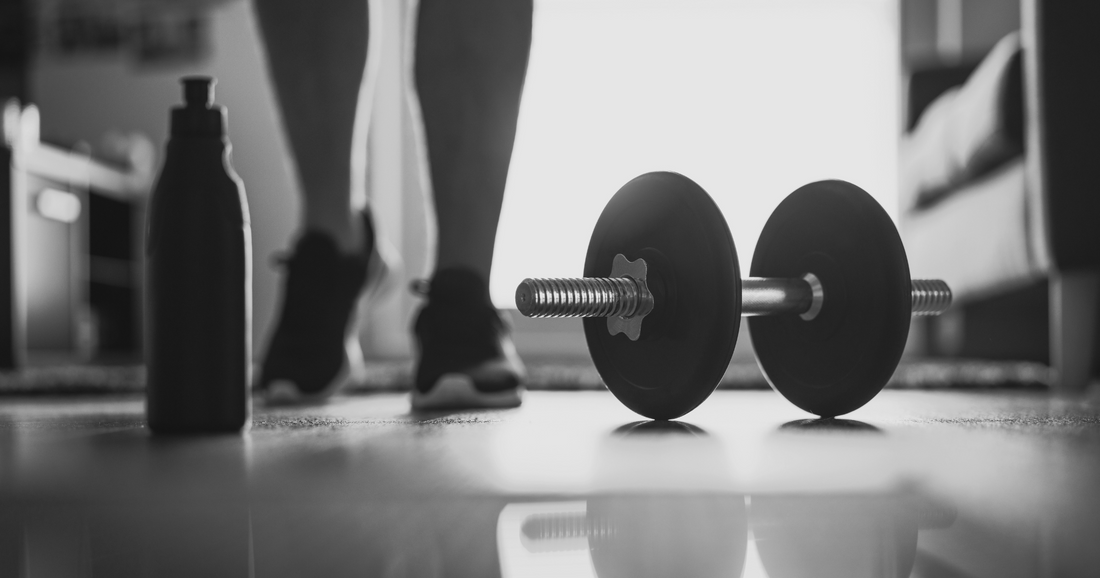
Post-Workout Recovery: Essential Strategies for Optimal Results
Share
Warriors know the battle is not just what happens in the heat of the fight. The real transformation happens afterward. In fitness, your progress doesn’t just come from lifting heavier or running farther. It comes from recovery.
At Built by Battle, we believe that rest and recovery are not signs of weakness. They are proof of discipline, strategy, and a commitment to long-term progress. In this post, we break down the science behind recovery, why it matters, and how to build smart recovery strategies into your training routine.
Why Recovery Matters After Every Workout
When you push your body in the gym or on the field, you're causing tiny amounts of damage to your muscles. That might sound bad, but it's actually necessary. The key is what happens next. Your body responds to that stress by repairing and rebuilding muscle fibers. That repair process is what makes you stronger over time.
Here are the main reasons why recovery is critical for any fitness goal:
1. Muscle Repair and Growth
When you work out, you create microscopic tears in your muscle tissue. Recovery is when the real magic happens. During rest, your body repairs those tears and builds back stronger, making you more powerful and resilient. Without proper rest, this rebuilding process cannot happen effectively.
2. Reduced Muscle Soreness
Delayed-onset muscle soreness, also known as DOMS, can make it hard to walk, lift, or move comfortably after an intense session. Recovery strategies such as stretching, hydration, and nutrition help reduce the intensity and duration of soreness so you can train more consistently.
3. Injury Prevention
Training too hard without enough rest leads to overtraining. That’s when your body breaks down faster than it can repair itself. Overtraining increases the risk of sprains, strains, and even long-term joint damage. Recovery gives your body time to adapt and lowers your risk of injuries.
4. Better Performance
Consistent recovery doesn’t just prevent injuries. It helps you come back stronger. You’ll lift heavier, move quicker, and go harder when your muscles are fully recovered. Long-term performance gains depend on consistent, smart recovery practices.
The Core Elements of an Effective Recovery Plan
Now that you know why recovery matters, let’s break down what effective recovery looks like. Here are the building blocks of a strong post-workout recovery routine.
Refuel Your Body
What you eat after a workout is just as important as the workout itself. Refueling within 30 to 60 minutes helps kick-start the recovery process.
Carbohydrates
Your muscles use glycogen (a form of stored carbs) for energy. After a workout, these stores are depleted. Replacing them helps your muscles recover and prepares you for the next session. Whole grains, fruit, or a simple smoothie are great options.
Protein
Protein provides amino acids, the building blocks your muscles need to repair and grow. Aim for 15 to 30 grams of protein after your workout. Greek yogurt, protein shakes, or lean meats are all solid choices.
Electrolytes
When you sweat, you lose key minerals like sodium and potassium. These electrolytes are essential for muscle function. You can replace them through sports drinks, coconut water, or adding a pinch of salt to your water.
Rest and Sleep
Recovery isn’t just about what happens right after your workout. What you do for the next 24 to 48 hours matters just as much.
Active Recovery
Light movement the day after a tough session can help keep blood flowing and reduce soreness. Think of a short walk, gentle cycling, or a yoga session. This improves circulation and helps remove waste products like lactic acid.
Stretch or Foam Roll
Stretching keeps muscles flexible and reduces tension. Foam rolling can also help release tight areas, improve mobility, and boost circulation. Spend five to ten minutes on these activities post-workout or during rest days.
Prioritize Sleep
Sleep is when your body does its deepest repair work. Hormones that support muscle growth, fat burning, and overall recovery are released during deep sleep. Most athletes need seven to nine hours of quality sleep each night. If you are training hard, aim for the higher end of that range.
Rehydrate Fully
Rehydration is often overlooked but is one of the most essential parts of recovery. Water helps flush out toxins, supports digestion, and keeps your joints lubricated.
Don’t just chug a bottle of water right after your workout and stop there. Sip water throughout the day. A good sign you are hydrated is pale yellow or clear urine. If it’s dark, you’re probably not drinking enough.
Manage Stress
Your mental health and physical recovery are deeply connected. When you are stressed, your body produces more cortisol. This stress hormone can slow down recovery, mess with your sleep, and even affect muscle growth.
- Incorporate stress-reducing habits into your daily life:
- Try meditation or deep breathing
- Spend time in nature
- Listen to calming music or take a walk
- Do something you enjoy that has nothing to do with training
Reducing stress keeps your nervous system balanced and helps your body recover more efficiently.
Bonus Recovery Boosters
If you’re already covering the basics and want to take your recovery to the next level, these extra tools can help.
Ice Baths or Cold Showers
Cold exposure may reduce inflammation and muscle soreness for some people. Start with a quick cold shower and work up to ice baths if it works for you. It’s not for everyone, but many athletes swear by it.
Supplements
Certain supplements can support recovery. These include:
-
Creatine for energy production and muscle repair
-
Omega-3 fatty acids to reduce inflammation
-
Tart cherry juice for muscle recovery and sleep support
Always consult a nutritionist or doctor before starting new supplements.
Massage
Massage therapy isn’t just relaxing. It helps increase blood flow, reduce tension, and improve flexibility. Even a 10-minute session with a massage gun or foam roller can make a big difference in how your muscles feel.
Common Recovery Mistakes to Avoid
Even well-intentioned athletes make mistakes when it comes to recovery. Avoid these pitfalls:
-
Skipping meals or eating too little
Your body needs fuel to recover. Undereating slows down healing and reduces energy. -
Neglecting sleep
No supplement or food can replace the value of quality sleep. Make it a priority. -
Overtraining without rest days
More is not always better. Schedule rest days or active recovery days to give your body a break. -
Not listening to your body
Feeling unusually tired, irritable, or sore for multiple days is a sign your body needs more recovery time.
Final Thoughts: Train Hard. Recover Smarter.
Recovery is not optional. It is the foundation that supports your training. If you want long-term gains, fewer injuries, and stronger performance, then you need to treat recovery with the same importance as lifting, running, or any other part of your fitness journey.
At Built by Battle, we believe warriors are made not just in the gym but in the discipline they show every day, including the discipline to rest. Recovery is not weakness. It is strategy. It is the smart move.
Make recovery a permanent part of your training routine. Your body will thank you, your performance will improve, and your progress will stay strong over time.
Want more expert tips on training, nutrition, and recovery?
Follow Built by Battle on social media and subscribe to our newsletter to get battle-tested advice delivered straight to your inbox.
